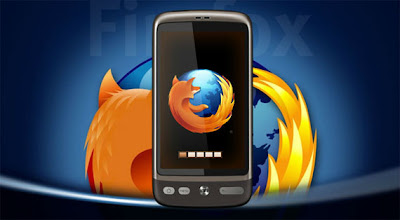Sony said it sold 1.2 million units of its new Vita handheld game console worldwide as of Sunday, after a boost from the device's launch in the U.S. and Europe last week.
The company says sales have “exceeded expectations,” and adds that global software sales have surpassed two million units, including both retail purchases and software downloaded via the company’s PlayStation Network.
"PS Vita was designed to
deliver the ultimate portable entertainment experience, and we couldn't
be more thrilled with the reaction we're seeing from consumers and the
pace at which PS Vita is selling," said Andrew House, President of Sony
Computer Entertainment. "The market has responded and there is clear
demand for a mobile device capable of providing a revolutionary
combination of rich gaming and social connectivity within a real world
context."














